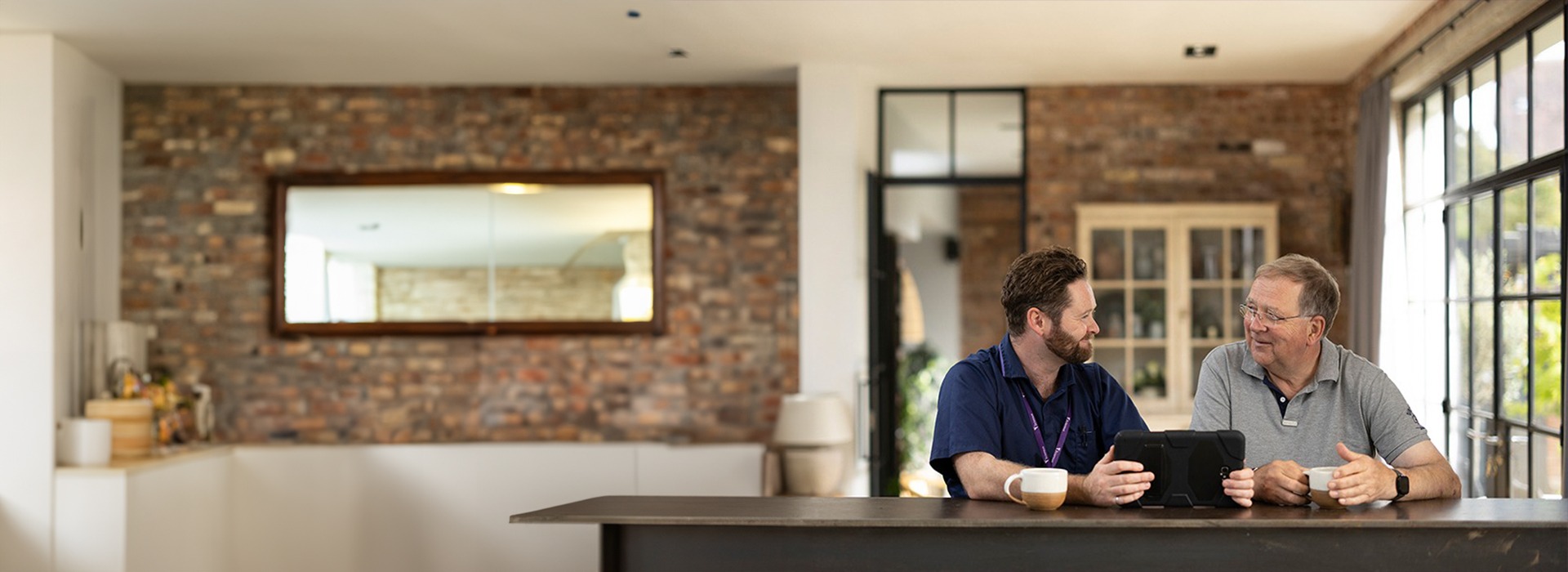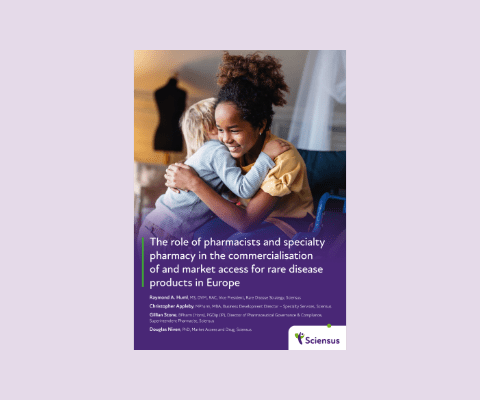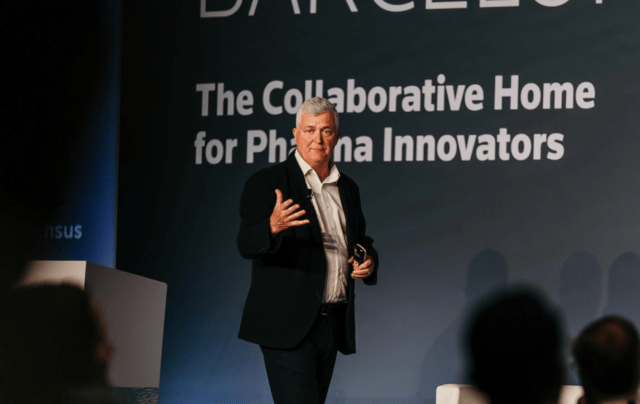
Supporting the NHS’s service recovery through the Sciensus virtual ward
The COVID-19 pandemic placed well-documented strain on the NHS’s capacity to deliver planned services, such as surgery. As a result, waiting lists across the country reached record highs, emergency and urgent care departments have been under incredible pressure and local systems have had to work hard to find new ways to create additional capacity.
Over recent years the NHS has placed significant focus on developing virtual ward capacity across England to enable patients who are medically stable, but not medically fit for discharge, to continue treatment at home. Partnering with independent providers of virtual wards, such as Sciensus, could be a cost effective and practical solution for many NHS organisations. As one of the largest providers of virtual wards and out of hospital clinical care across the UK, Sciensus has been providing with safe, high-quality treatment in the comfort and convenience of their own homes for more than 30 years.
A proven track record of delivery
When Nottingham University Hospitals NHS Foundation Trust (NUH) decided to expand their virtual ward capacity, they turned to Sciensus as a trusted partner and one which they knew could set up a safe and effective service at pace.
“Having partnered with Sciensus previously, our chief operating officer was confident that they would be able to support us with the rapid expansion of our virtual ward,” says Heather Young, Virtual Ward Program Manager at NUH, “Ultimately, the health and wellbeing of patients on the virtual wards are still our responsibility and so it’s critical to choose the right partner. Sciensus offered us a team with a proven track record of delivery, robust operating procedures and a professional approach from the very beginning. Interestingly, other trusts are now contacting us to find out who we are working with and we are more than happy to recommend Sciensus to them.”
Helping patients to maintain their independence
The Sciensus team are fully embedded within the Trust’s multi-disciplinary teams to ensure there are no gaps in communication. They are involved in regular meetings to identify patients suitable for transfer to the virtual ward across a range of specialities and to discuss the progress of those patients already in their care.
“We have total confidence that our patients are safe in the hands of the Sciensus team,” says Heather, “They adhere to the same high standards as our own teams and are very quick to notify us of any concerns or changes in a patient’s condition. In many ways, for patients who need acute care but not necessarily an acute hospital bed, the virtual ward is safer and healthier than staying in hospital. They have a much lower risk of infection and can maintain their independence so much more so than they can in hospital, where longer term patients can often become desensitised and struggle to do basic things for themselves once discharged. This can mean that they can be eventually discharged from the virtual ward without the need for a social care package – helping to maintain optimum flow through the hospital.”
Reducing pressure across the Trust
This retained independence also means that patients on the virtual ward are often able to be discharged without the need for a package of care, supporting the timely flow of patients through the hospital.
NUH is one of the top performing trusts in England in terms of reducing their backlog of patients waiting for planned surgery, an achievement that they attribute in part to the ability of the virtual ward to free up physical hospital beds for people who truly need them. Similarly, if a virtual ward patient’s condition deteriorates, they don’t need to be readmitted via the usual pathway, which reduces some pressure on the emergency department.
“The virtual ward has been so successful for us that we have even found patients asking for it by name,” says Heather, “It’s also starting to become business as usual across the Trust with consultants actively considering it as part of the patient pathway.”
Patient feedback
Saq was first introduced to the concept of virtual wards when he was facing a six-week course of IV antibiotics. He had been having antibiotics for a couple of daysand felt practically back to full health (even working from his hospital bed for a time).
“That’s when the bombshell was dropped,” says Saq, “That it’s going to be six weeks, just to make sure that we can get a hold of it.”
Not only that, but the antibiotics would continue to be administered intravenously, ultimately tying Saq to a hospital bed for the duration.
“I was facing a time in the year when my daughter was going to start her first day at high school,” he continues, “I thought, I’m not going to be home for that.”
Thanks to his work in a company that supplies products to secondary care services, Saq was all too aware of the cost of a patient bed. Adding to that, the existing strain on the NHS post-COVID, with many people on waiting lists needing urgent care, he was even more reluctant to, in his own words, “throw a spanner in the works”.
“When the virtual ward was put forward to me, I felt so lucky I wish I’d written down six numbers.”
Through the virtual ward, Saq was supported in managing his own care at home, with regular visits from Sciensus nurses and an open channel of communication with the hospital. He says the staff were proactive in their care, ensuring he was kept in the loop and acknowledging his questions and concerns regarding the antibiotics’ eventual adverse side effects. All of this, ultimately, made Saq feel that he really mattered as a patient.
Being at home for the duration of his treatment, rather than in hospital, also meant he was able to be with his family, easing the concerns of his two daughters.
“When I came home, it took them all of about five minutes to realise I’m still that same irritating dad,” he says.

Blogs
Digital PROs: The strategic advantage pharma needs in oncology care
As oncology treatments become more targeted and complex, pharma companies face growing pressure to demonstrate value beyond traditional clinical endpoints.…

Thought Leadership
Pharmacists and specialty pharmacies in rare disease commercialisation

Blogs
Pharma is sitting on a multi-billion-pound opportunity and it’s buried in patient-reported data
The untapped value of real-world data Pharma invests billions in R&D but some post-launch return on investment is lost, in…
